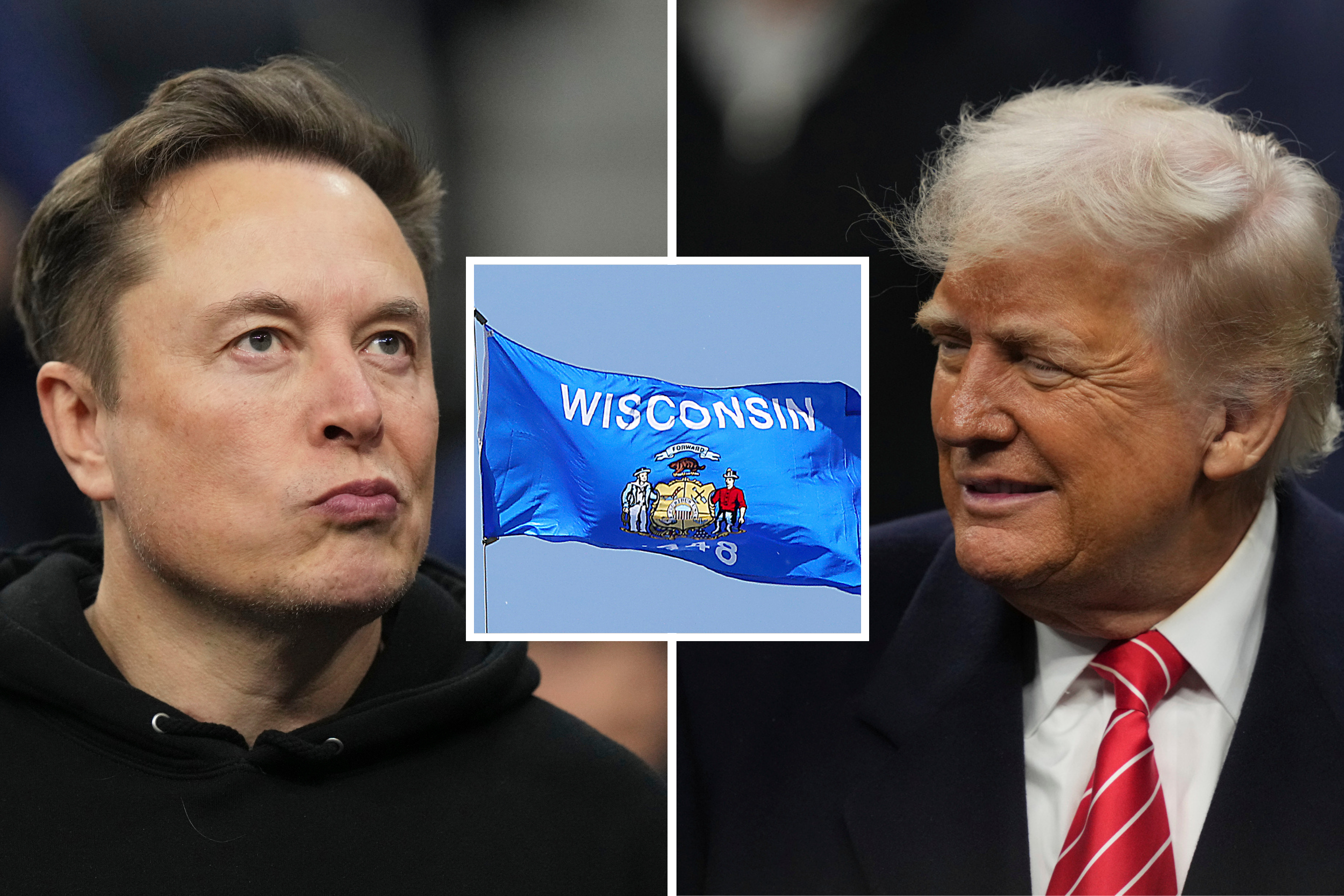Wisconsin Supreme Court Election: A Pivotal Moment for Musk, Trump, and National Politics
The Wisconsin Supreme Court election on April 1 serves as a key political test for both Elon Musk and Donald Trump following the 2020 election.
Subscribe to unlock this story
We really don't like cutting you off, but you've reached your monthly limit. At just $5/month, subscriptions are how we keep this project going. Start your free 7-day trial today!
Get StartedHave an account? Sign in
Overview
The upcoming Wisconsin Supreme Court election has garnered significant attention as a referendum on the influence of Elon Musk and Donald Trump in American politics. Set for April 1, it influences critical issues like abortion rights and redistricting. Conservative candidate Brad Schimel, backed by Musk and Trump, could shift the court's majority. Conversely, Democrat Susan Crawford aims to mobilize backlash against Musk's involvement. With unprecedented funding making this the most expensive judicial race in history, voter turnout is crucial for both parties ahead of the 2024 midterms.
Report issue

Read both sides in 5 minutes each day
Analysis
- The Wisconsin Supreme Court election has become a critical referendum on both the Trump administration and the influence of Elon Musk in politics, especially as major issues like abortion rights and voter access are at stake.
- Brad Schimel, the Republican candidate, is gaining both financial and political support from Trump and Musk, turning the race into a potential showcase of conservative values in a battleground state.
- Democrats are rallying against Musk's influence, viewing the election as a major opportunity to counter Trump's policies and raise grassroots support against conservative candidates.
Articles (3)
Center (2)
FAQ
The election will determine whether the court retains its current 4-3 liberal lean or shifts to a conservative majority, which could impact issues like abortion rights and redistricting.
Elon Musk is involved through significant financial backing, particularly through groups spending millions to support conservative candidate Brad Schimel, making Musk the race's biggest donor.
The election is seen as a barometer of party enthusiasm and momentum heading into the midterms, particularly in a battleground state like Wisconsin, where political outcomes can impact national elections.
Key issues include abortion rights, collective bargaining, voter access, and challenges to state congressional maps, which could have significant implications for future federal elections.
History
- This story does not have any previous versions.

